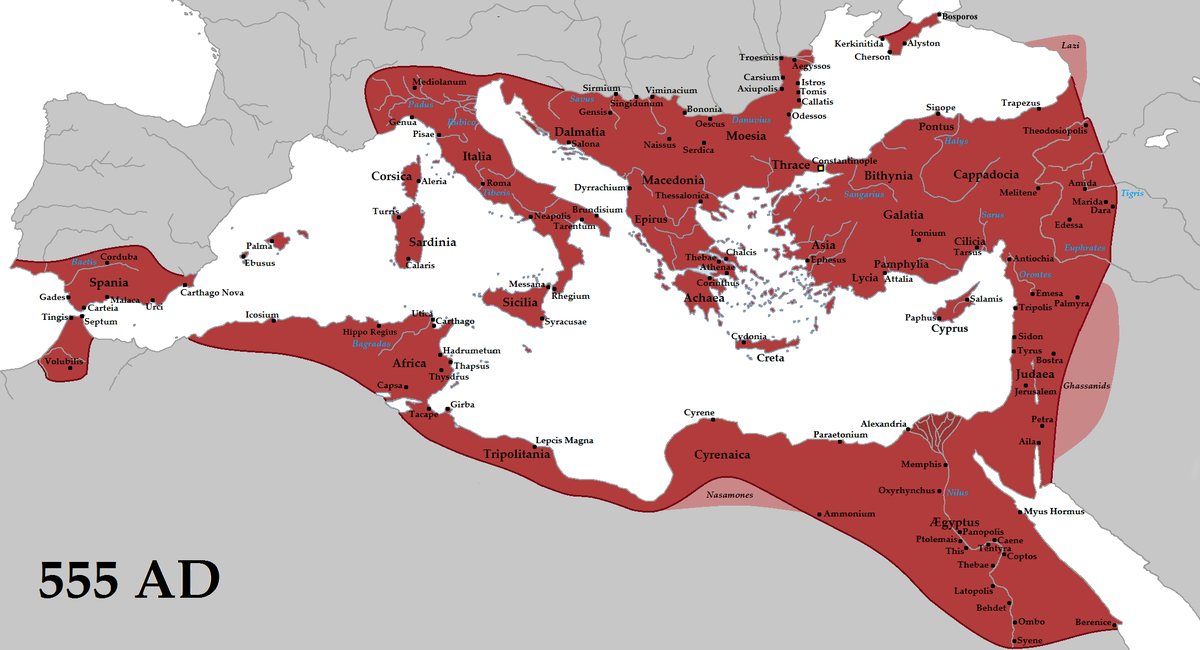Quote:
Οι Έλληνες Βλάχοι αρχικά ονομάζονται Ρωμαίοι, έπειτα δε Ρωμάνοι, που σώζεται με τη μορφή Αρμάνοι, όπως μέχρι σήμερα αυτοαποκαλούνται, και θυμίζει τον όρο 'Αρμανία, εύχρηστο από τούς Έλληνες των βυζαντινών χρόνων για την ονομασία τής χώρας τους, σύμφωνα με την αποκάλυψη τού Ρωσοαμερικανού βυζαντινολόγου Α. Vasiliev.
Translation:
The Helleno-Vlachs are initially called Romaioi, then Romanoi, which is preserved in the form of the Armanoi, as they call themselves today, and reminiscent of the term Armania, used by the "Hellenes" of Byzantine times for the name of their country, according to the revelation of the Russian Byzantinologist A. Vasiliev.





Leave a comment: